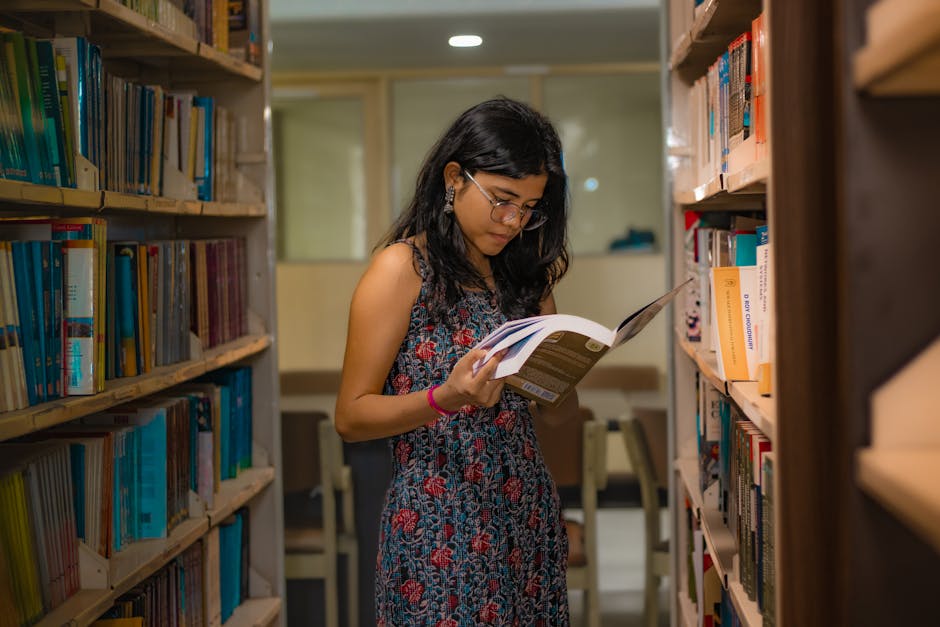Studying abroad is an exciting adventure, but it also comes with challenges. One of the most common difficulties international students face is culture shock — the feeling of disorientation or anxiety when experiencing a new culture. While it’s completely normal, learning how to handle culture shock can make your time abroad more enjoyable and fulfilling.
What is Culture Shock?
Culture shock happens when the habits, values, and expectations of a new country feel unfamiliar or overwhelming. Symptoms can include:
- Feeling anxious or homesick
- Frustration with language barriers
- Confusion over social norms or customs
- Withdrawal from social activities
Recognizing that these feelings are normal is the first step toward overcoming them.
1. Prepare Before You Go
Preparation can reduce the intensity of culture shock. Research your destination thoroughly:
- Learn about social customs, holidays, and etiquette
- Understand basic local laws and regulations
- Try to pick up key phrases in the local language
- Connect with other students who have studied there
Knowing what to expect can help you feel more confident when you arrive.
2. Keep an Open Mind
One of the most important ways to overcome culture shock is to embrace new experiences:
- Be open to different ways of doing things
- Try local food, attend cultural events, and explore neighborhoods
- Avoid comparing everything to your home country
Remember, differences don’t mean “wrong” — they just reflect a new way of life.
3. Build a Support Network
Feeling isolated can worsen culture shock. Make sure you:
- Connect with fellow international students
- Join clubs or student organizations
- Stay in touch with family and friends back home
A supportive community can help you navigate challenges and feel less alone.
4. Maintain Healthy Routines
Adjusting to a new culture is easier when your body and mind are healthy:
- Eat balanced meals and try local, affordable foods
- Exercise regularly, even if it’s just a walk around campus
- Stick to a sleep schedule to avoid exhaustion
Healthy habits reduce stress and make adapting to new environments smoother.
5. Learn the Language
Language barriers can be one of the biggest sources of stress. Even basic proficiency can improve your confidence:
- Take language classes or use language apps
- Practice with locals or classmates
- Don’t be afraid to make mistakes — it’s part of learning
Communicating effectively helps you integrate faster and feel more independent.
6. Set Realistic Expectations
Studying abroad isn’t always perfect. Some days will be challenging, and that’s okay.
- Accept that adaptation takes time
- Celebrate small successes and milestones
- Avoid pressuring yourself to “fit in” immediately
Patience and realistic expectations can reduce frustration and stress.
7. Seek Help When Needed
If culture shock feels overwhelming, don’t hesitate to seek professional help:
- Most universities have counseling services for international students
- Talk to academic advisors or mentors
- Reach out to peer support groups
Getting help early prevents small challenges from becoming major obstacles.
Conclusion
Culture shock is a normal part of studying abroad, but it doesn’t have to ruin your experience. By preparing ahead, staying open-minded, building a support network, maintaining healthy routines, learning the language, and setting realistic expectations, you can overcome culture shock and fully enjoy your time overseas.
Remember, the challenges you face abroad are also opportunities for growth, self-discovery, and unforgettable experiences. Embrace the adventure — your international journey is just beginning!

